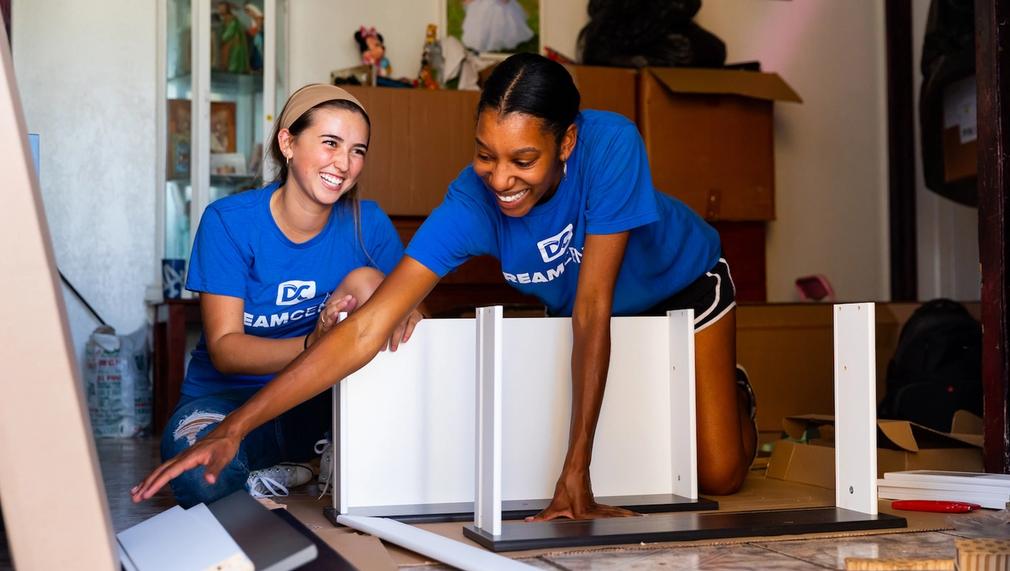Foster Care Intervention
The FCI program provides crucial assistance to families who face the imminent threat of their children being placed in the foster care system. With the financial support of generous contributions from donors like LA2050, we can continue to ensure that these families receive the support they desperately need to keep their children in their homes by equipping those homes with whatever is necessary to be a safe and healthy environment for children to grow.

What is the primary issue area that your application will impact?
Support for Foster and Systems-Impacted Youth
In which areas of Los Angeles will you be directly working?
City of Los Angeles
In what stage of innovation is this project, program, or initiative?
Expand existing project, program, or initiative
What is your understanding of the issue that you are seeking to address?
The Department of Children and Family Services reported that nearly 200 kids are separated from parents simply due to poverty-related issues every month. To help prevent families from being separated by the foster care system, the Foster Care Intervention (FCI) Program was established to assist these families by providing furniture, food, clothing, appliances, and other basic items needed to allow parents to retain or regain custody of their children.
Describe the project, program, or initiative this grant will support to address the issue.
Foster Care Intervention provides assistance to families who are being reunited or who are at-risk of losing their children to the foster care system. These families mostly fall under the category of general neglect due to poverty issues. We work with our local DCFS office (Department of Children and Family Services) help families that have open cases which could cause a child(ren) to be removed. It is our goal to work with respective social workers to serve each family individually to the best of our ability. FCI meets needs through our weekly distribution of food, cleaning supplies and furniture. We build relationships with our families in hopes of introducing them to lasting, God-centered relationships. Through this program and many others, we are building a community of resilient women and children whose home has been reunited by God. The families served by FCI are more than testimonies of God restoring a broken home they are recipients of uncommon compassion and generosity that can inspire them to be conduits of hope and making transformation possible in the lives of other families and communities.
Describe how Los Angeles County will be different if your work is successful.
Southern California has nearly 10% of the state's population suffering from the physical and mental consequences of drug abuse and addiction. Echo Park has the largest percentage of Los Angeles County's 27%, homeless people (which is over 15,000 according to the 2017 homeless count), many of them being women with children. With the pandemic compounding a surge in opioid usage, vulnerable families in Los Angeles are experiencing an especially devastating increased number of children being taken from their homes. Foster Care Intervention abrupts the insidious impact of the foster care system before it can start.
What evidence do you have that this project, program, or initiative is or will be successful, and how will you define and measure success?
Beginning in 2008, the Foster Care Intervention program has served nearly 2,000 families since its inception. More recently, since Jan 2023 we have provided support and resources to 103 families, comprising a total of 266 children and 146 adults. These efforts have resulted in significant outcomes for the families we serve. Furthermore, we successfully helped 15 families avoid separation, facilitated the reunification of 13 families, and closed 28 DCFS cases, enabling them to be joyfully reunited with their children.
Approximately how many people will be impacted by this project, program, or initiative?
Direct Impact: 500
Indirect Impact: 1,000